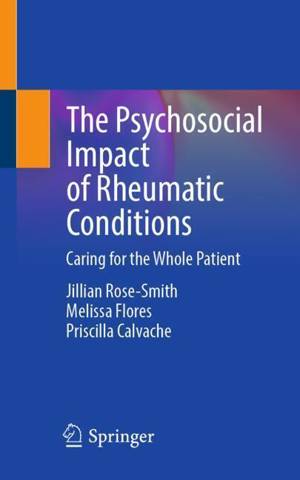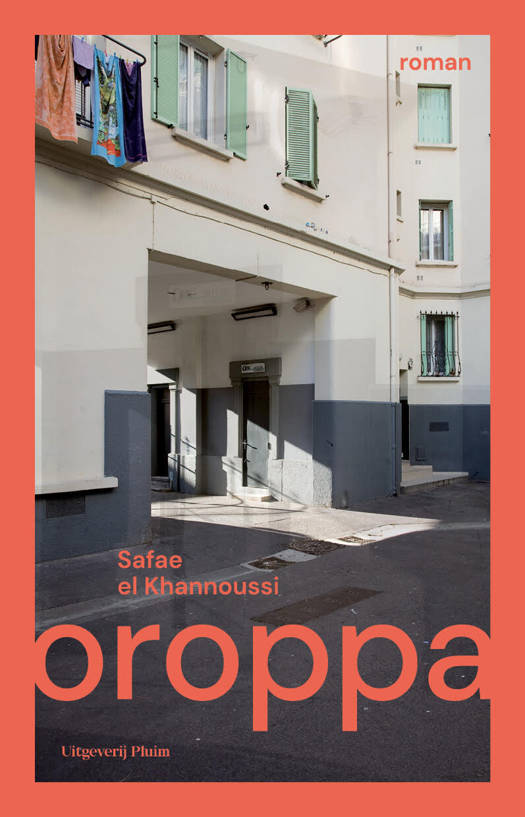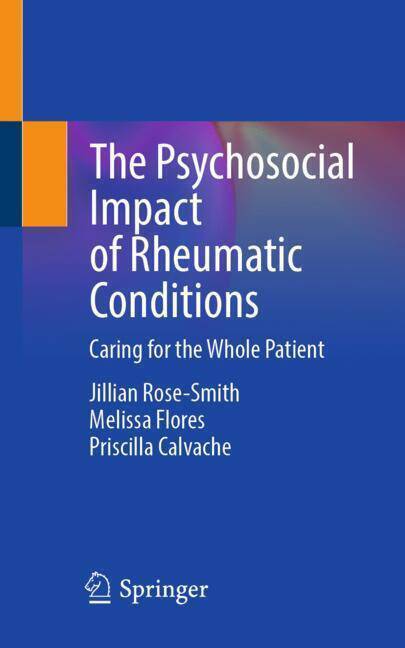
- Afhalen na 1 uur in een winkel met voorraad
- Gratis thuislevering in België vanaf € 30
- Ruim aanbod met 7 miljoen producten
- Afhalen na 1 uur in een winkel met voorraad
- Gratis thuislevering in België vanaf € 30
- Ruim aanbod met 7 miljoen producten
Zoeken
The Psychosocial Impact of Rheumatic Conditions
Caring for the Whole Patient
Jillian Rose-Smith, Melissa Flores, Priscilla Calvache
Paperback | Engels
€ 305,45
+ 610 punten
Omschrijving
This book focuses on a holistic approach to providing care to patients with rheumatic illnesses that goes beyond the biomedical approach to include the psycho-social and cultural needs of patients. A diagnosis of a chronic rheumatic illness can dramatically affect all aspects of a person's life. These life-altering conditions are characterized by physical pain and inflammation that may reduce or impair functioning of one or more parts of the musculoskeletal system and in some cases impact other organs throughout the body. Often accompanying these physical manifestations of the rheumatic illness are the psychological and social aspects that affect one's overall health and quality of life. Due to the chronicity of many rheumatic illnesses, managing and coping with the illness is often an ever-evolving process that can span throughout the developmental spectrum or lifespan of the patient experience. A strictly biomedical approach to the treatment of rheumatic illnesses often fails to address these key aspects of the patients' overall well-being. A more comprehensive approach, inclusive of the bio-psycho-social-cultural lens, with the patient's voice at its core, is needed to inform and ultimately deliver quality patient care and achieve optimal health outcomes. This book serves as s a tool for the entire interdisciplinary rheumatology health care team. This comprehensive approach is framed within the context of well-documented health disparities in rheumatology with a focus on psycho, social, emotional and environmental aspects of health that contribute to patient quality of life. It explores the needs of special populations and provide opportunities for clinicians to consider how to treat diverse populations in a more inclusive way. At the center of this book is the patient's voice utilizing patient stories to provide the reader with real life examples that reflect the life cycle of rheumatology patients and the impact of key interventions or lack thereof that can impact the patient experience. Lastly, offers practical, evidence-based strategies for members of the rheumatology health care team. These tools can be integrated in their assessment and treatment plans for patients and their loved ones. This holistic approach can help to foster effective communication, build trust, enhance partnerships and amplify the patient voice to optimize health outcomes and enhance overall well-being.
Specificaties
Betrokkenen
- Auteur(s):
- Uitgeverij:
Inhoud
- Aantal bladzijden:
- 170
- Taal:
- Engels
Eigenschappen
- Productcode (EAN):
- 9783031953378
- Verschijningsdatum:
- 1/08/2025
- Uitvoering:
- Paperback
- Formaat:
- Trade paperback (VS)
- Afmetingen:
- 127 mm x 203 mm

Alleen bij Standaard Boekhandel
+ 610 punten op je klantenkaart van Standaard Boekhandel
Beoordelingen
We publiceren alleen reviews die voldoen aan de voorwaarden voor reviews. Bekijk onze voorwaarden voor reviews.











